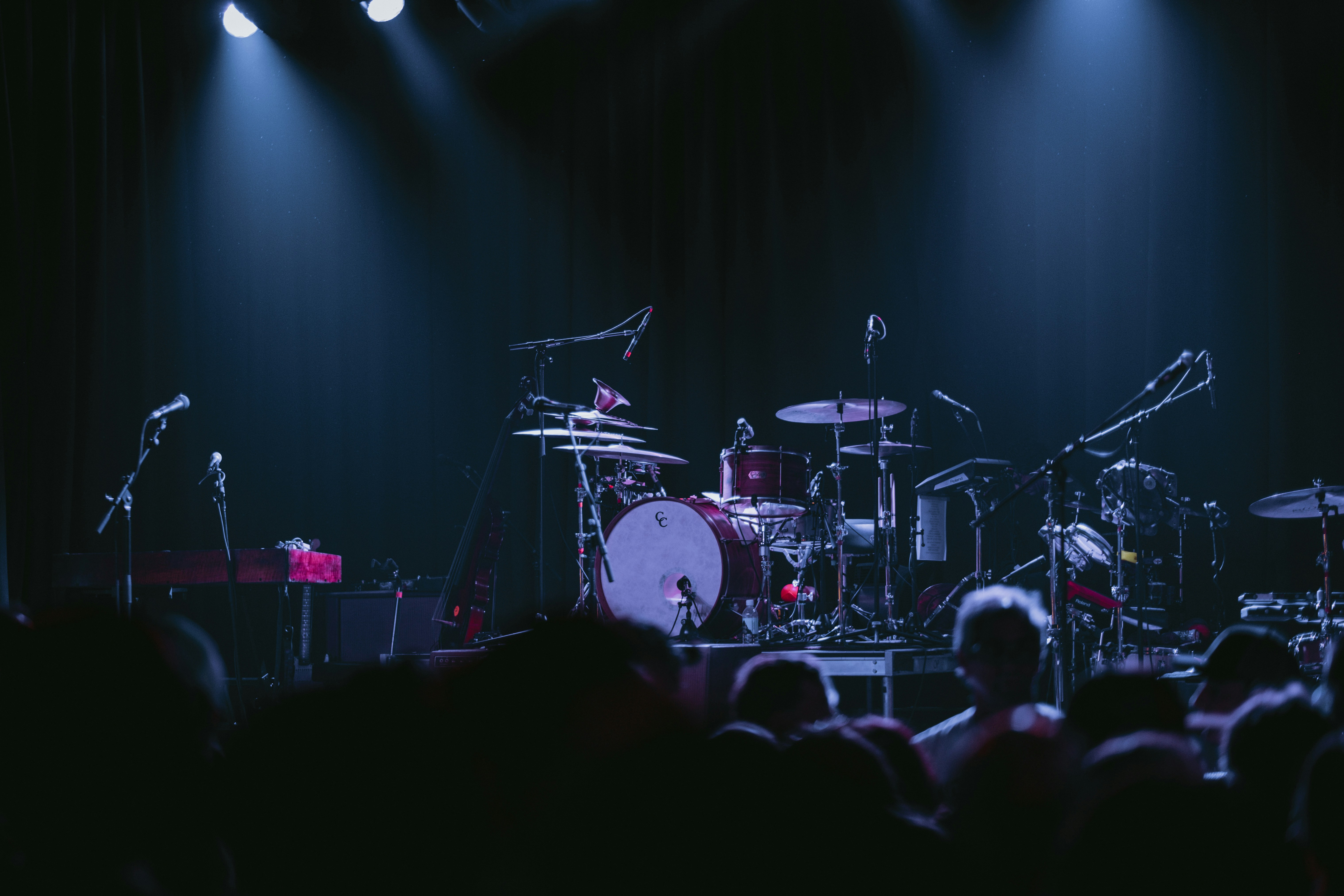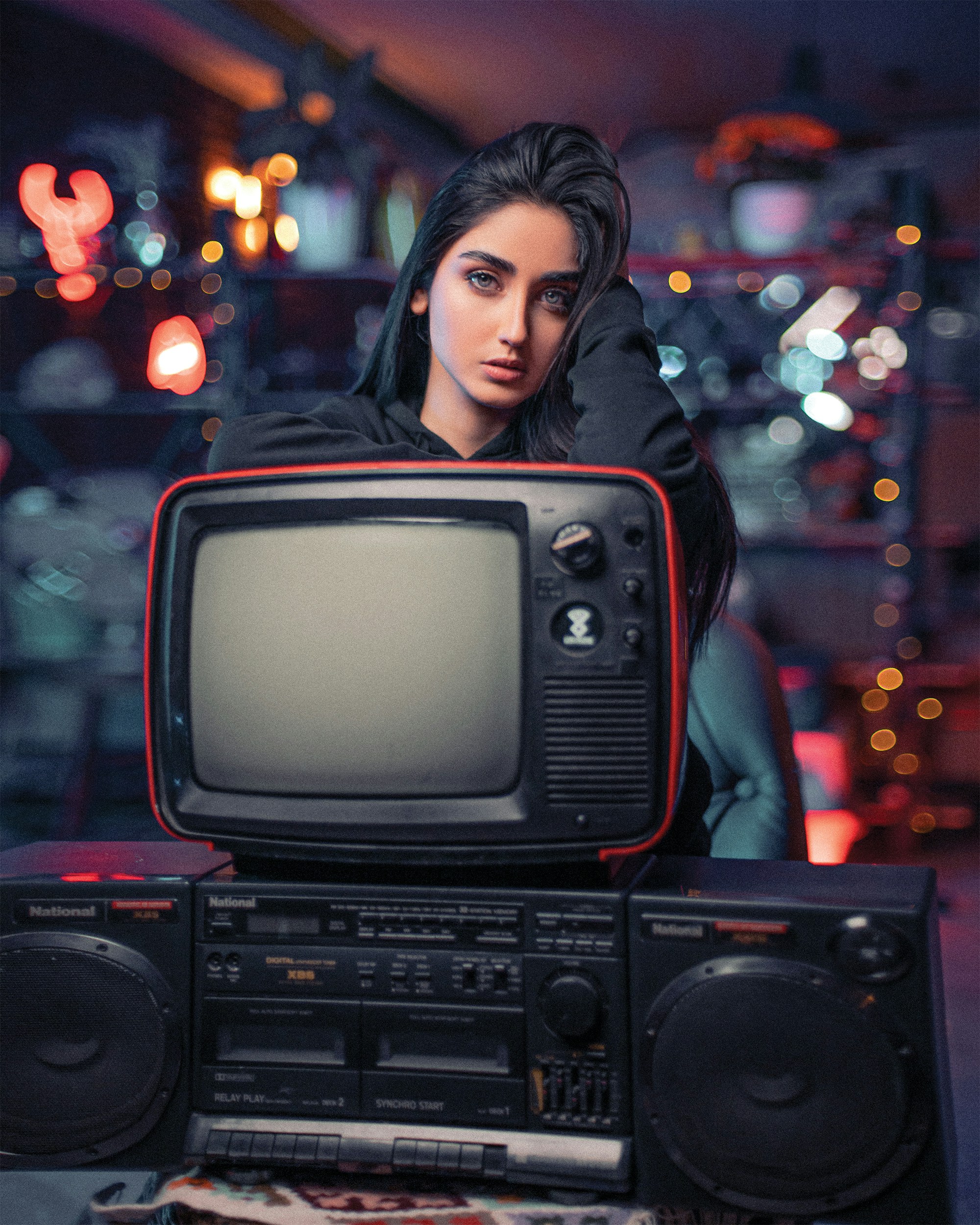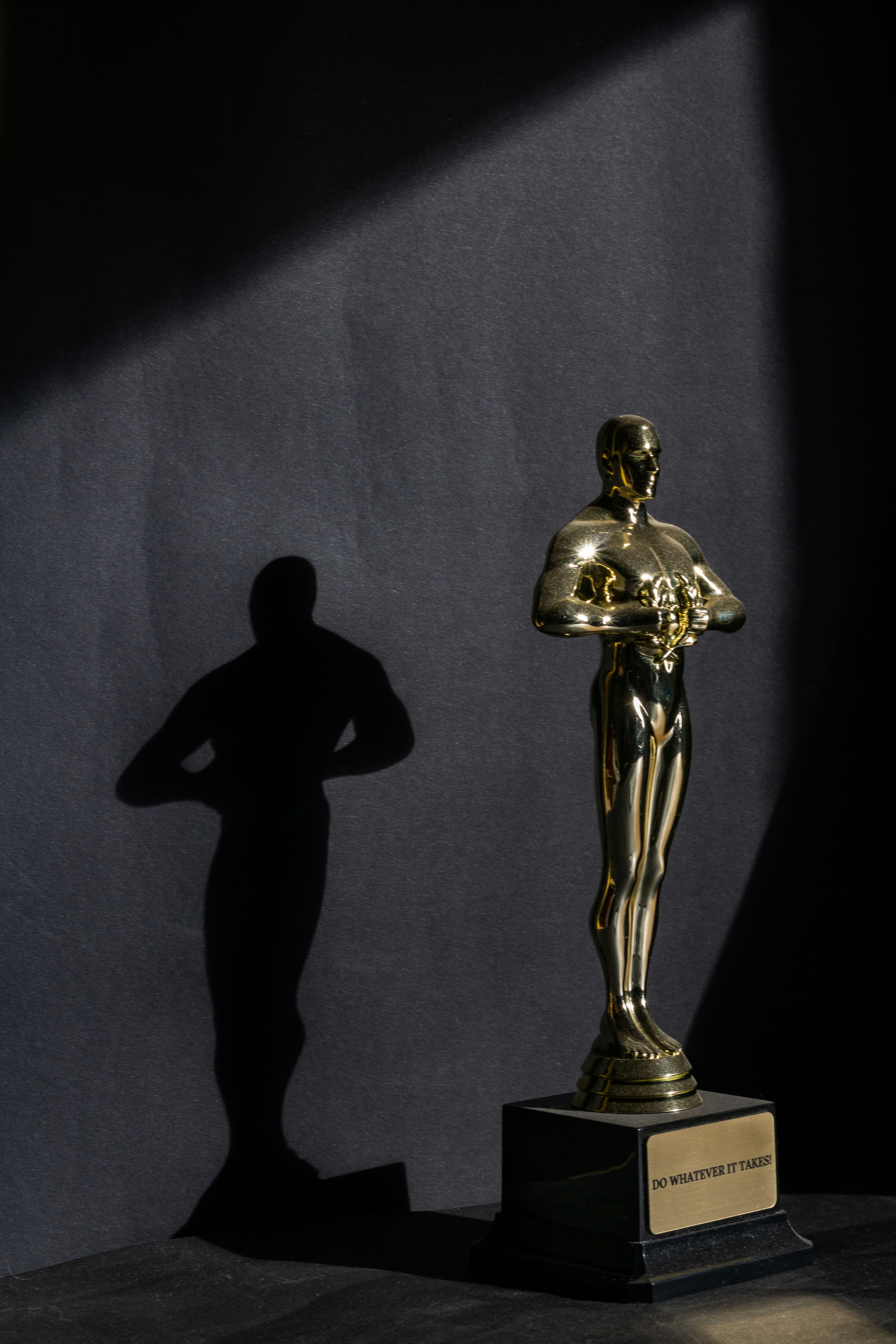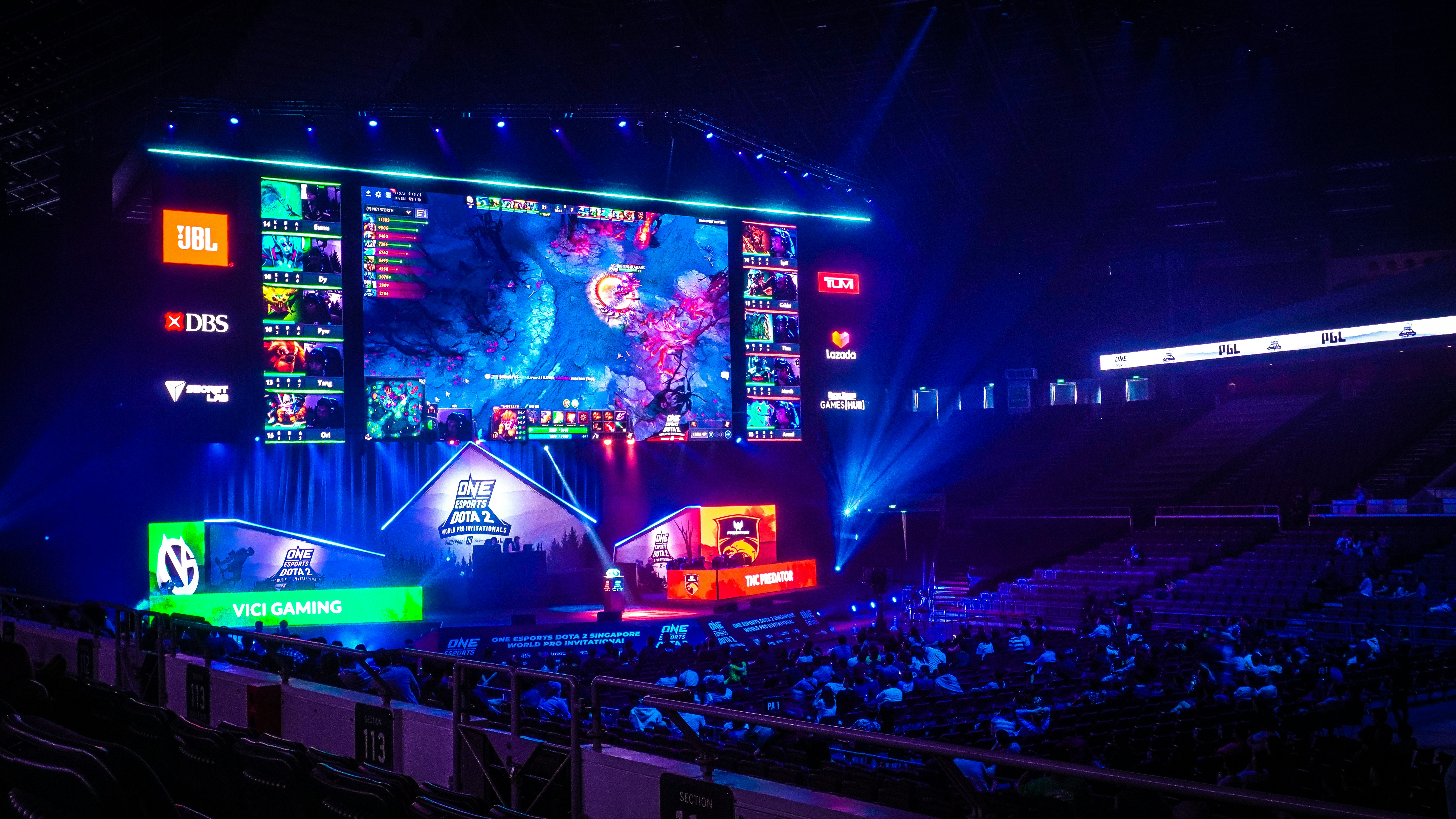Music Industry Trends 2025: AI Composers, Virtual Concerts, and Beyond

Music Industry Trends 2025: AI Composers, Virtual Concerts, and Beyond
Introduction
The music industry stands on the brink of a profound transformation driven by technological advancements and shifting consumer behaviors. As we approach 2025, emerging trends such as artificial intelligence (AI) in music creation, virtual and augmented reality (VR/AR) concerts, blockchain-based rights management, and new monetization models are redefining how music is produced, distributed, and experienced. This article explores these trends and their implications for artists, industry stakeholders, and audiences.
Artificial Intelligence and Music Creation
AI technologies have made significant inroads into music composition, production, and performance. Tools powered by machine learning algorithms can now generate melodies, harmonies, and even lyrics with minimal human input.
For example, platforms like OpenAI’s Jukebox and Amper Music enable creators to experiment with AI-assisted composition, democratizing music production. Some artists incorporate AI as a collaborative tool, blending human creativity with algorithmic innovation.
This raises important questions about authorship, copyright, and the nature of creativity. While AI can accelerate production and generate novel sounds, it challenges traditional understandings of what it means to be a composer or performer.
Virtual and Augmented Reality Concerts
The COVID-19 pandemic accelerated the adoption of virtual concerts as an alternative to physical venues. VR and AR technologies offer immersive experiences, allowing fans worldwide to attend live performances in interactive, digitally rendered spaces.
Platforms such as Fortnite, Decentraland, and Wave have hosted concerts attracting millions of virtual attendees. These events create new revenue streams through ticket sales, virtual merchandise, and sponsorships.
In 2025, advancements in VR hardware and network speeds will likely enhance the realism and accessibility of virtual concerts, further blurring lines between digital and physical entertainment.
Blockchain for Rights Management and Monetization
Blockchain technology promises to revolutionize music rights management by providing transparent, tamper-proof records of ownership, licensing, and royalty distribution.
Smart contracts automate payments to artists and rights holders, reducing delays and disputes. Platforms such as Audius and Vezt experiment with decentralized music streaming and fan engagement models, empowering creators.
This technology could address longstanding issues of unfair compensation and opaque royalty systems in the industry.
Changing Consumption Patterns and Monetization Models
While streaming remains dominant, challenges such as subscription fatigue and platform fragmentation have emerged. Consumers increasingly seek personalized, interactive experiences.
Direct-to-fan models like Patreon and Bandcamp allow artists to monetize through subscriptions, merchandise, and exclusive content. Social media platforms continue to influence music discovery and viral trends, shaping hit potential.
Environmental and Social Responsibility
Artists and industry leaders are increasingly mindful of environmental impacts, adopting sustainable touring practices and advocating for climate action.
Social activism integrated into music and branding reflects broader cultural shifts, with musicians using their platforms to address inequality, mental health, and human rights.
Challenges and Ethical Considerations
Despite opportunities, the integration of AI and VR raises ethical concerns:
- Will AI-generated music devalue human artistry or displace jobs?
- How accessible will VR concerts be across socioeconomic divides?
- How will data privacy be protected in increasingly digital ecosystems?
Addressing these issues requires collaboration among technologists, artists, and policymakers.
Conclusion
The music industry in 2025 will be defined by innovation and adaptation. Embracing AI, VR, blockchain, and new business models offers exciting creative and economic possibilities, while ethical stewardship ensures these advances benefit all stakeholders. As technology and artistry converge, the future soundscape promises to be richer, more inclusive, and deeply connected.




